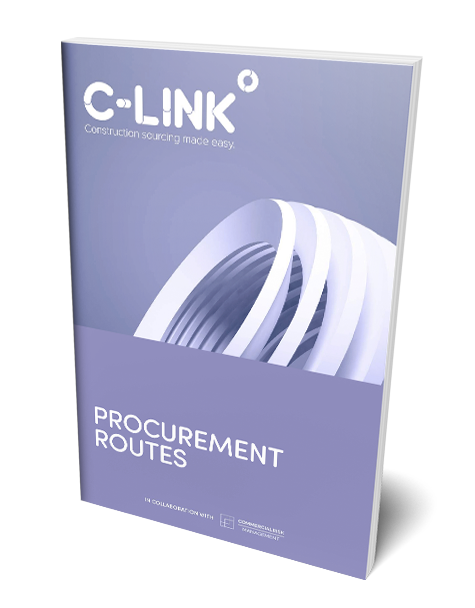Undervalued CPD – improving your Construction Knowledge via Specialist Subcontractors

- blog
- >
- undervalued-cpd-subcontractors
In my experience, when I think about the best QS’ that I’ve come into contact with, they all share one thing in common. Not only do they have the pre-requisite contractual knowledge to do the job, but they also have a really sound practical understanding of construction. By best I mean the QS who finds the largest gains across the bottom line, maximising variations whilst maintaining robust commercial protection.
When I started out, one of the ways I used to do this was by constantly asking the subcontractor questions. Trying to understand why things were done, and how they were done. Why they needed certain materials, why an installation method was being used, what a term in a specification actually meant.
This is a form of CPD. The subcontractor has a practical knowledge on so many areas within their trade, and it’s information that you just couldn’t find online or in any books. They are the specialists in the field. A lot of people in subcontractor companies have come through the ranks of being on site, so they know how many screws are needed to fit the widget in question. They know the best details, or they know ten different detail options.
I take this knowledge and then use it when in discussions with architects or the PQS, making recommendations on the back of the newfound insight. You present yourself as the well informed, experienced professional, and develop a trust and rapport on the back of those foundations.
With this approach, over the years, everything you learn each day will compound, and you can apply this throughout the construction process. From variations and estimating, to procurement of subcontractors.
For example, it’ll help you to back up variations, because you can support increases in costs with logical explanations on the reasons for the rise. You’ll also be able to show the subcontractor on the next project that you understand what they do, and they’d think twice about putting in a ‘silly’ variation.
The inquisitive approach, developing knowledge from the subcontractors you work with, is the difference between being a good Quantity Surveyor and being top of your field.
Image credit – Collection of construction safety helmet by John Jones used under CC BY 2.0
About Paul Heming
Paul was a Quantity Surveyor who gained 10 years experience of managing £200 million worth of flagship UK projects, including 20 Fenchurch Street and Battersea Power Station. In 2015, Paul founded C-Link with the intention of sharing his expertise of managing major projects with the SME market.
-
Free Resources

Procurement Routes
Download now
